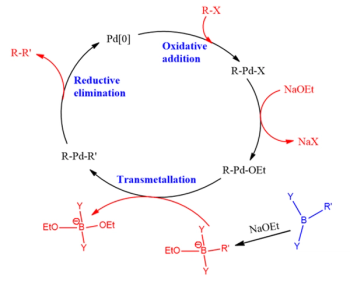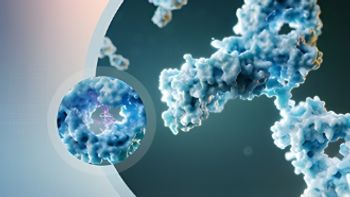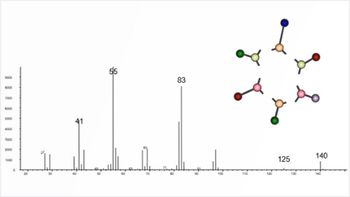
RAFA 2024: Rudolf Krska Discusses Quantifying Mycotoxins and Secondary Metabolites in Plants and Foods
As part of our RAFA 2024 coverage, we interviewed Rudolf Krska of BOKU University about his research on food safety, specifically regarding using analytical methods to mycotoxins and other secondary metabolites in plants and foods.
Rudolf Krska is a full professor of Analytical Chemistry at BOKU University in Vienna and serves as the head of the Institute of Bioanalytics and Agro-Metabolomics. In addition, Krska holds a position as jointly appointed professor at the Institute for Global Food Security at Queen's University Belfast. In 2009/2010, he was the Acting Chief of Health Canada's Food Research Division in Ottawa. Since 2017, he has also been a Key Researcher at the Austrian Competence Centre for Feed and Food Quality, Safety, and Innovation (FFoQSI).
Krska has demonstrated his academic excellence in the area of food and feed safety based on groundbreaking analytical methods for the quantification of mycotoxins and other secondary metabolites in plants and foods. He has received numerous scientific awards and is the (co-)author of more than 470 SCI publications, which have been cited more than 23,000 times (h-index: 80, Scopus) and he has frequently been identified as a top 1% highly cited researchers (Web of Science). In 2015, he was appointed Distinguished Professor of the Chinese Academy of Agricultural Sciences. In 2023, his highly acclaimed book “Toxin-Free Food?” was published in English, German and Chinese. Rudolf Krska was recognized as an Honorary Member of the Royal Irish Academy in 2023, and he was awarded with the €100,000 Nils Foss Excellence Prize 2024, the world’s most prestigious food science prize.
Rudolf answered the following questions at RAFA 2024:
- With the ability to analyze over 1,000 analytes in just 10 minutes, how do you manage potential trade-offs between speed and data quality, particularly in detecting low-abundance analytes?
- What specific challenges did you face in optimizing this ultra-fast UHPLC-MS/MS method to achieve a twelvefold reduction in eluent consumption?
- What obstacles do you foresee in the adoption of this ultra-fast method in routine labs that handle thousands of samples, and how might laboratories need to adapt their workflows or equipment to implement it?
- With the diverse range of mycotoxins and other food contaminants, how do you approach the development of methods that can simultaneously detect multiple toxins without sacrificing accuracy or efficiency?
- How do current regulations on toxin levels in food influence your approach to method development, and what are the biggest regulatory challenges when it comes to ensuring food is toxin-free?
- What is the FoodSafeR project and what current challenges facing food analysts does it address?
To learn more, you can also look to our RAFA 2024 interviews with
Newsletter
Join the global community of analytical scientists who trust LCGC for insights on the latest techniques, trends, and expert solutions in chromatography.




